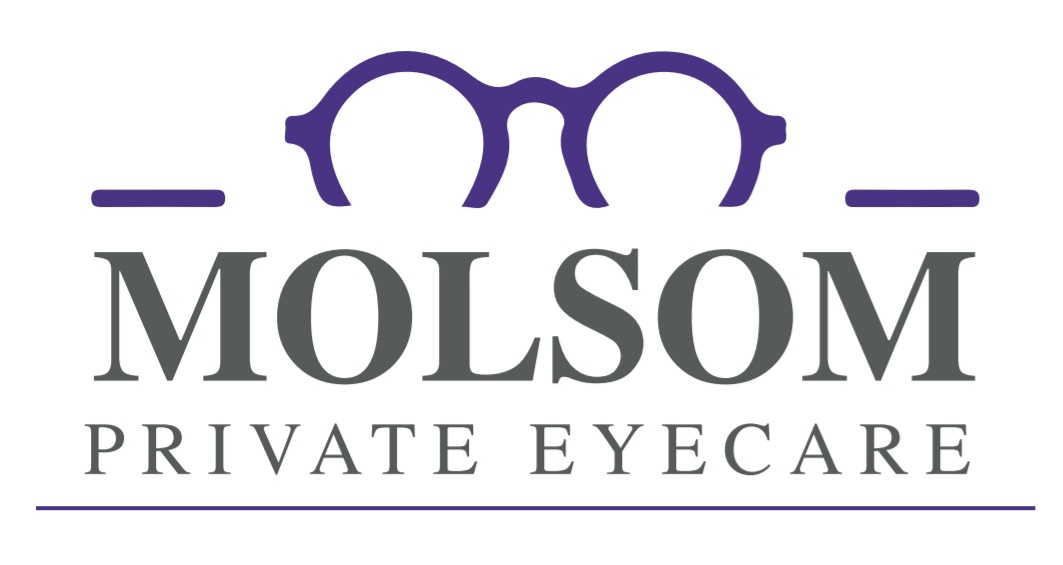 Flashes and floaters
Flashes and floaters
Often, people who have healthy eyes see floaters. They appear as spots, lines or cobweb effects, usually when you look at a plain surface such as a white wall or a clear blue sky. Often they appear when the clear jelly in the main part of your eye gets older. Sometimes the jelly in the main part of your eye shrinks a little and tugs on the retina (the light-sensitive layer) at the back of your eye. This can cause flashes of light at the edge of your vision. Flashes and floaters differ from the disturbance of vision that can occur with migraine.
If you suddenly notice a shower of new floaters, or floaters along with flashes or a dark shadow or “curtain” in your vision, then you should seek advice urgently.
These symptoms can mean that the retina is tearing and so we advise you to have a detailed eye examination straight away. The retina is at the back of your eye. It receives the images and sends them to the brain. This is one of the things that enable you to see. If the retina tears, it may come away from the back wall of the eye. This is called retinal detachment. It can result in partial or complete loss of vision. A tear may be treated by using a laser. If treated quickly, you may have a better chance of full recovery. However, if your retina has become detached, you will need surgery. The operation may restore most of your vision but may come too late for a full recovery. It is especially important to have your eyes examined straight-away if you begin to see flashes or floaters for the first time, if they seem to change or if you notice them in increased numbers. Prompt examination can reduce the risk of permanent visual loss. Dependent upon your symptoms and the duration of these, we can advise which of the following examination would be appropriate. You can be examined as a NHS patient by the Accident and Emergency Department if we feel it is an ocular emergency or we may advise you to book a Flashes and Floaters appointment with us at the practice.
Our examination will require drops being applied to your eyes for pupil dilation and will last around an hour in total. You will not be able to drive after the examination (due to blurred vision and photo-sensitivity), so please ensure you have made travel arrangements and for brighter days bring your sunglasses. There will be a charge for this appointment as it is not a routine eye examination and therefore not covered by NHS sight test funding. Currently the cost of this appointment is £150 (price charged July 2019). However, if you are a Platinum Eyecare Plan Member the cost of this appointment is covered, providing you with the peace of mind you deserve.
Look out for:
• flashes or floaters getting worse;
• a black shadow in your vision;
• a sudden cloud of spots;
• a curtain or veil over your vision; and/or
• any sudden loss of vision.
Below are links to the NHS webpage and nice guidelines;
https://www.nhs.uk/conditions/floaters-and-flashes-in-the-eyes/
https://cks.nice.org.uk/retinal-detachment#!scenario
Please call us on 01775 713366 for any help, if in doubt ring 111.
